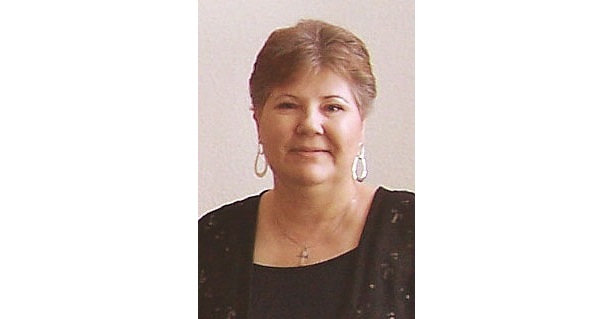Scary new experiences

The real world can be tough for children when it doesn’t mirror their books and TV shows
By Theresa Blume
Featured Columnist
“Do you want to see some little chicks?” my brother asked 18-month-old Bristol, hoping to win her over. She had not seen this great uncle much, so his booming voice startled her. Hearing the word “chicks,” she looked at him from the side of her eyes, not yet sure if he could be trusted. Safe in my arms, we went to investigate.
Mike found a small bantam hen nesting in a sheep feeder, so he silently pointed for us to watch. Slowly, he put his large hand down to move the hen, and out popped a little chick’s head. Suddenly, the hen flapped her wings and let out a loud noise, flying at his face. Even though no one was hurt, my frightened granddaughter burst into tears.
My brother held up the tiniest chick to prove how harmless and soft it was, but she was not to be comforted. “Moe!” she cried, her word for no, and turned her face to my shoulder.
When the fussy hen startled my brave granddaughter, it made me realize that children are not prepared for the real world at times. Bristol was not raised on a farm, so all she knew was children’s books. The hens in her books go “cluck, cluck,” and the chicks go “peep, peep.” Her books have pictures of animals that make only one sound and never act aggressively.
We also saw sheep on my brother’s farm, and once more she was unprepared. They made loud, throaty noises, unlike the cute “baa” from her books. The wool was not clean white but a dirty gray, and when they came to the fence to see us, she refused to touch them.
The feel of wool on a sheep or downy feathers on a chick, the fuss of a mother hen not wanting to be disturbed, even the surprising volume of a great uncle’s voice whom they do not get to see very often can bring anxiety to children’s safe, predictable world.
Inside the house we sat down at the table, and Bristol saw a pickle on a plate. Without hesitation she immediately picked it up and began eating it. My brother, seeing that she was hungry, offered her more food, which she took without fear from him. Food was the common denominator that began to bring Bristol and her great uncle together. He gave her a banana to take home, which she clung to until she fell asleep in her car seat.
Children and animals are both unpredictable when put in strange situations, but with love and comfort and apparently food, both can be reassured. As her young mind processes these new events, hopefully she will remember this farm experience as positive. At the end of the day, Bristol felt comfortable enough to wave goodbye to her great uncle Mike as he boarded his tractor and left.
Leave a reply
You must be logged in to post a comment.






